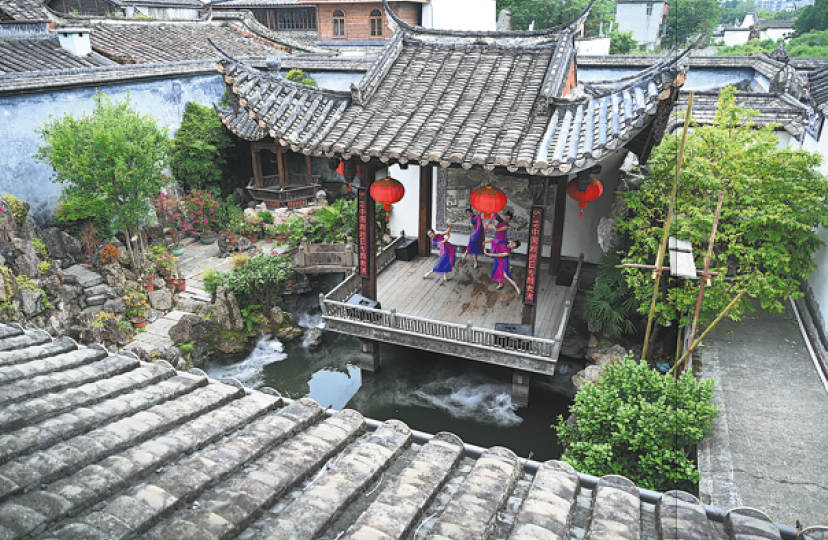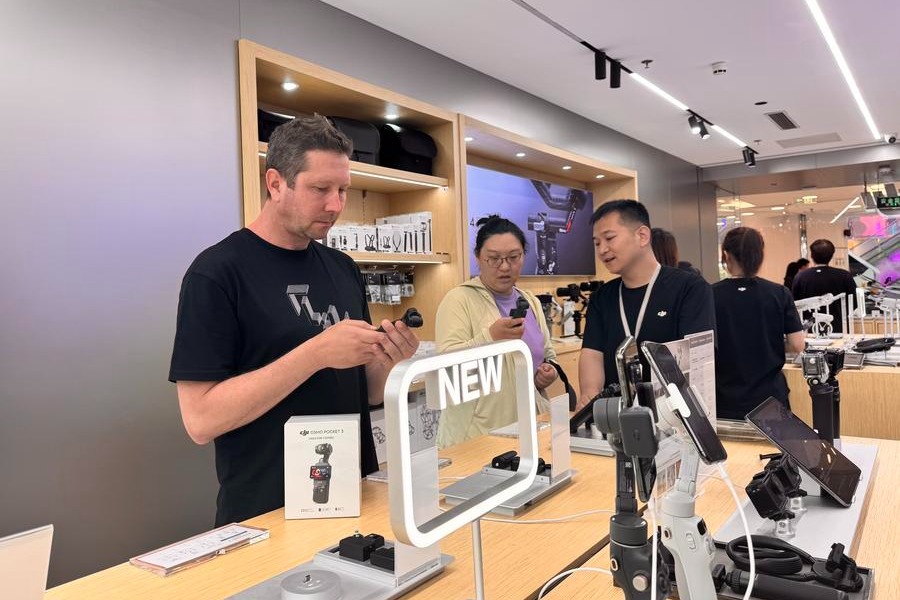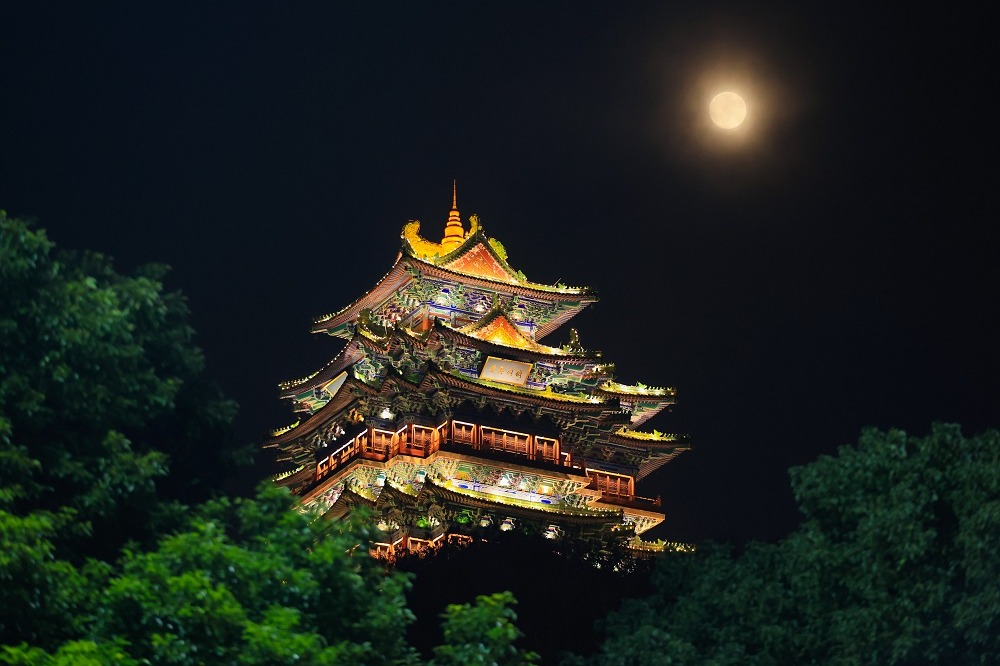Fuzhou sets example in preserving past


Uniting the nation
Liu, the researcher, said Xi has taken the importance of protecting cultural heritage to an unprecedented level since being elected general secretary of the CPC Central Committee in November 2012.
Itineraries for Xi's nationwide inspection trips also reflect his emphasis on protecting cultural relics. He has toured museums in areas including Beijing, Shaanxi and Anhui provinces, and Guangxi Zhuang and Inner Mongolia autonomous regions.
Last year, he visited the Mogao Grottoes at Dunhuang, his first stop on a four-day inspection trip to Gansu province, where he attended a seminar with scholars at the Dunhuang Academy.
This year, he inspected the Yungang Grottoes in Datong, Shanxi province, in May, where he stressed that cultural heritage assets are nonrenewable, irreplaceable resources and that protecting them should be a top priority.
Liu said another important reason Xi has placed significant emphasis on protecting and exploring cultural heritage is because of its central role in uniting the people.
"China has an uninterrupted, time-tested civilization of 5,000 years and it is imperative that we further explore it," Liu said.
"Heritage is a reminder that people should not forget their cultural roots, and that history can bind a nation's hearts together."
- China sees return travel rush as National Day holiday comes to end
- China to see rainfall, temperature drop
- Ancient grottoes in Southwest China survive, thrive via innovative measures
- Macao sees tourism boom during National Day, Mid-Autumn Festival holidays
- Shanghai's Huaxin town showcases rural revitalization efforts
- Taiwan residents flock to mainland during holiday season





































